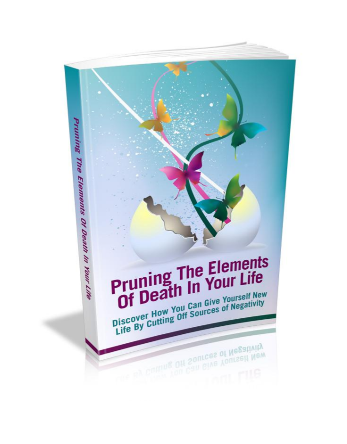From Paper to Promotion: Novels Where Resumes Change Lives
A single sheet of paper can sometimes be the key to unlocking life-changing opportunities. In literature, resumes are more than just lists of achievements—they serve as catalysts for personal transformation, unexpected journeys, and remarkable career advancements.
Through fictional narratives, authors explore how the right words on paper can open doors that once seemed firmly shut. In this blog post, we will dive into novels where resumes are more than mere documentation; they are the starting points for profound change.
The Resume as a Gateway to Opportunity
In both real life and fiction, a well-crafted resume can serve as a gateway to new worlds. It represents a distillation of skills, experiences, and aspirations that, when presented effectively, can alter the course of one’s life. Literature captures this perfectly, showing characters whose lives pivot dramatically after landing the right opportunity.
One classic example is "The Devil Wears Prada" by Lauren Weisberger. When Andrea Sachs, fresh out of college, submits her resume to Runway Magazine, she steps into a whirlwind of high fashion and corporate drama. Although her original career ambitions are far from fashion journalism, her resume opens the door to a transformative experience that ultimately reshapes her understanding of success and personal integrity.
Similarly, "The Firm" by John Grisham tells the story of Mitch McDeere, a young lawyer whose impeccable resume lands him a coveted job at a prestigious law firm. What appears to be a dream opportunity soon evolves into a high-stakes battle for survival, proving that sometimes, the doors a resume opens are not always what they seem.
Reinventing Oneself Through Fictional Resumes
Resumes are not only tools for showcasing achievements; they can also be instruments for reinvention. In "Catch Me If You Can" by Frank Abagnale, the protagonist's mastery of forging credentials allows him to assume multiple careers, from airline pilot to lawyer, despite having no formal qualifications. His fabricated resumes are more than just lies—they are vehicles for self-invention.
Another example is "The Talented Mr. Ripley" by Patricia Highsmith, where Tom Ripley manipulates his persona to infiltrate elite circles. His fabricated work history becomes part of his strategy to navigate high society, illustrating the seductive power of a well-crafted resume, even if it’s built on deception.
Cultural Perspectives on Career Transformation
The transformative power of a resume is not limited to Western literature. In "Americanah" by Chimamanda Ngozi Adichie, the protagonist Ifemelu uses her resume to navigate life in America, eventually building a successful career as a writer and blogger. Her journey reflects not only personal growth but also the challenges faced by immigrants striving for recognition and opportunity in foreign landscapes.
Likewise, in "Pachinko" by Min Jin Lee, work history is a means of survival and social advancement for multiple generations of a Korean family in Japan. The struggle to secure employment and build respectable careers is a testament to resilience and ambition, underlining the significance of professional documentation in hostile environments.
What Fiction Teaches Us About the Power of Resumes
Literature consistently underscores a few critical truths about the power of resumes:
Opportunity Lies in Presentation: How one’s experiences are framed can dramatically influence the opportunities available.
Reinvention is Possible: Fictional characters often use resumes to redefine themselves, suggesting that self-presentation can lead to real change.
Risk and Reward: Sometimes, resumes serve as entry points to dangerous or morally ambiguous paths, highlighting the unpredictable nature of ambition.
Why We Love Stories of Career Transformation
Readers connect with these stories because they reflect a universal hope: that with the right opportunity, one’s life can change for the better. Resumes in literature symbolize more than career ambition—they represent the possibility of transformation, of stepping into a new version of oneself with each role undertaken.
Final Thoughts
From paper to promotion, novels that highlight the power of resumes remind us that a well-crafted document can be the key to unlocking potential and seizing opportunities. Whether serving as a path to high fashion, elite law firms, or even dangerous underworlds, these stories demonstrate that sometimes, the right resume can change everything.







